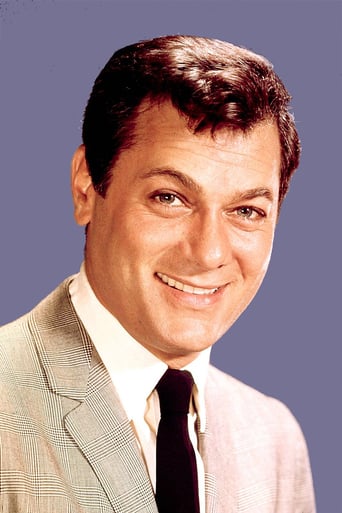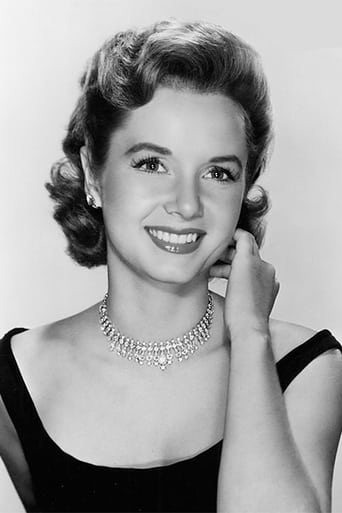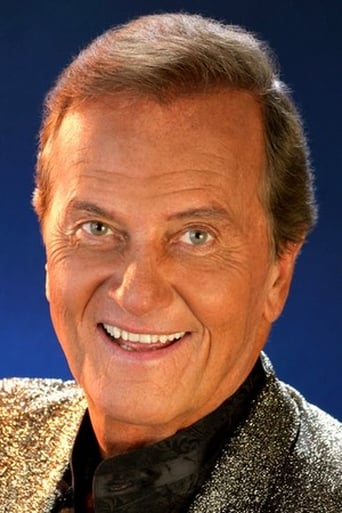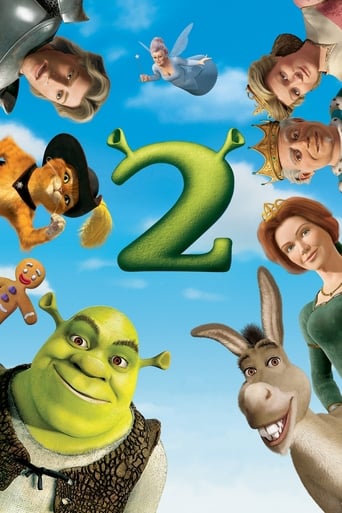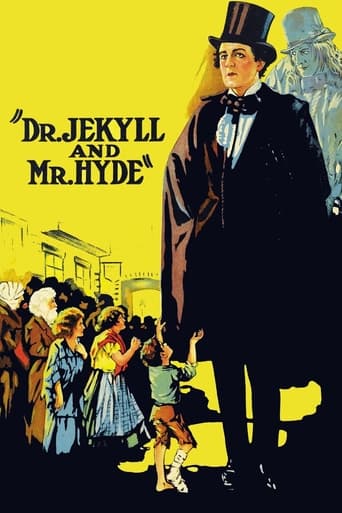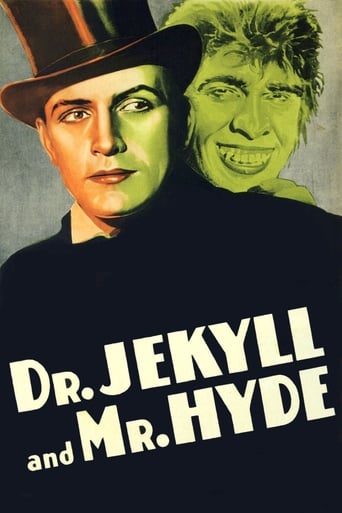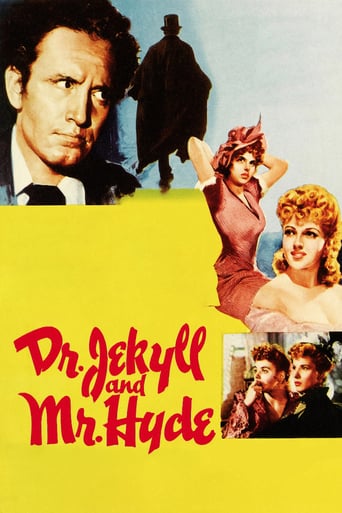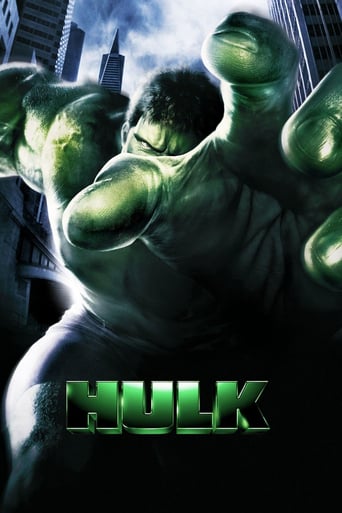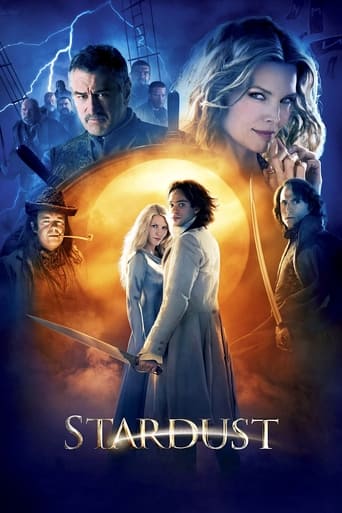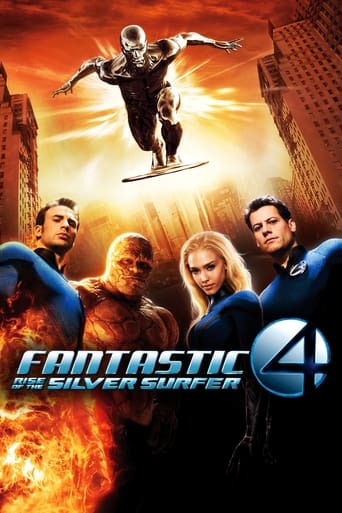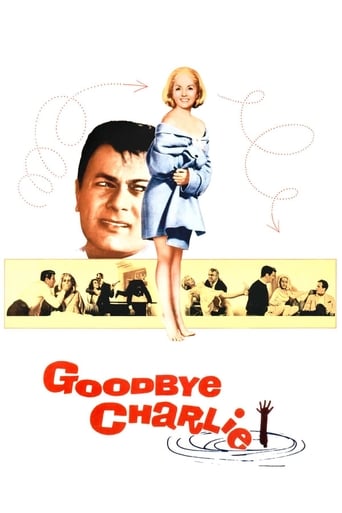
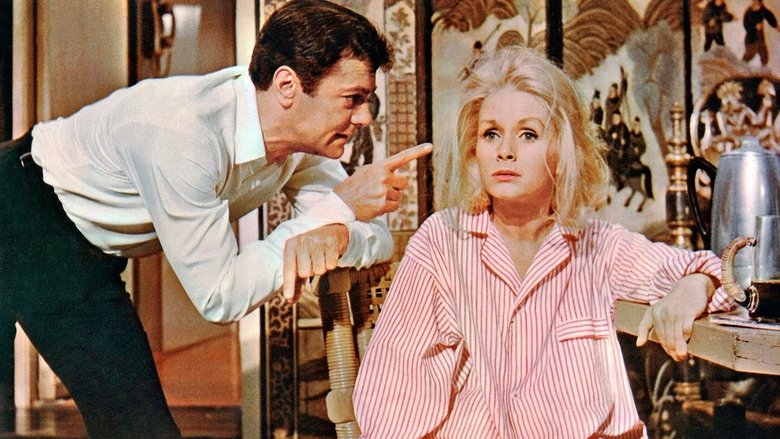
Goodbye Charlie (1964)
When a cavorting Hollywood writer is killed by the angry husband of a woman he was having an affair with, he comes back as a spirit in the form of a beautiful woman and moves in with his/her best friend as a base operation for enacting sweet revenge.
Watch Trailer
Cast


Similar titles
Reviews
Perhaps best known nowadays as the film that inspired Blake Edwards to write and direct the amusing 'Switch' with Ellen Barkin, this earlier comedy features the same idea of a shameless philanderer reincarnated in the body of a woman. Clocking in at close to two hours, 'Goodbye Charlie' takes an incredibly long time to warm up with over 25 minutes elapsing before the comedy really kicks in since the philanderer (in the woman's body) has amnesia at first. Once the film gets into the swing of things though, it is a decent ride. Debbie Reynolds does well acting tough and manly, casually ogling other women and so on. It is not as dynamic a performance as Barkin in 'Switch' (who nailed the mannerisms of her male self) as we never actually see much of Charlie before he is killed, but Reynolds is still dynamite. There are also several fascinating moments as he/she gets more used to being a woman, even allowing him/herself to be seduced. Additionally, in a daring move, he/she even tries to seduce his/her best friend, played by Tony Curtis. Speaking of which, Curtis does well with a tricky role here. At times, it seems like he is also about to fall for his macho best friend in a lady's body. The experience is let down by a tacked-on cop-out ending that fails to capitalise on all this sexual tension, but the film pokes enough at gender identity issues to remain interesting.
Producer: David Weisbart. Copyright 18 November 1964 by Venice Productions. Released through 20th Century-Fox. New York opening at the Warner, Cinema 1 and other theaters: 18 November 1964. U.S. release: 18 November 1964. U.K. release: April 1965. Sydney opening at the Regent. 10,397 feet. 115 minutes.SYNOPSIS: A wild party is underway on the yacht owned by Sir Leopold Sartori (Walter Matthau). Among the revelers is Sartori's wife, Rusty (Laura Devon) who is dancing with Charlie Sorel. When Rusty and Charlie slip below decks, Sir Leopold follows them with a gun. There is a scream and a burst of gunfire as Charlie dives through the porthole into the water. George Tracy (Tony Curtis), a friend of Charlie's, is named executor of his will. After the funeral, which is attended by a few of "Charlie's Girls", the epithet given to the women in Charlie's life, George returns to his home. As he is about to retire, Bruce Minton (Pat Boone) and a dazed-looking blonde (Debbie Reynolds) break in through the patio sliding doors. NOTES: Running a disappointing 109 performances, the stage play, "Goodbye Charlie", opened on Broadway at the Lyceum Theatre (sic) on 16 December 1959. Leland Hayward produced and George Axelrod directed. Lauren Bacall was Charlie, Sidney Chaplin was George and Sarah Marshall was Rusty. The film characters of Bruce and Sartori were not in Axelrod's original play.COMMENT: Goodbye Minnelli! Lovers of frenetic farce and rabid fans of Curtis and Reynolds may find something to their taste in this sparingly witty but mostly witless caper. Two or three clever strokes such as Matthau's Kordaesque caricature of a Hungarian mogul and Martin Gabel's clone of "Swifty" Lazar betoken the behind-the- camera presence of film stylist Vincente Minnelli. But even five or six admirable brush strokes do not in themselves an appealing picture make. Alas, Charlie has little else of entertainment value up his/her sleeve.OTHER VIEWS: "Goodbye Charlie" hasn't lost a bit of its bad taste in transition to the screen. In fact, all the smarmy creepiness and sleazy smuttiness has been expanded. — Judith Crist in the N.Y. Herald Tribune.Few surprises and even fewer laughs in this sex scramble. There's a tastelessness about it that's deadly. — Time.
The first five minutes or so of "Goodbye, Charlie" are simply sublime. But you can turn it off after the "Directed by Vincente Minnelli" credit comes on. But let's back up.20th Century Fox logo on and off. Nice Cinemascope shot of a yacht off the Malibu coast at night, with jazzy-rock music in the far distance and a distant swingin' party on board. Three star credits come on and off: "Tony Curtis," "Debbie Reynolds," "Pat Boone." Onto the boat, where a raucous Hollywood party is in full swing. Director Minnelli captures all the phoniness and glamour of the party. A superfast psueudo-rock number -- "Seven at Once" -- is blaring on the "Hi-Fi" as heavy-bosomed Playmate of the Year Donna Michelle shakes her ample breasts in a low cut gold dress (in 1964, this was "sexy.") Hot young folks are dancing while stuffy old agent Martin Gabel looks on with peptic-ulcer angst. Some handsome matrons (Ellen Macrae, soon Burstyn, Joanna Barnes) try to swing with the Playmate, but to no avail. Walter Matthau (in gray wig and blazer) plays poker and puffs on a big stogie.Old-fashioned director Vincente Minnelli tries some new-fashioned "hand-held camera" work (see: that year's earlier "A Hard Day's Night") to capture the ensuing action: Matthau's wife Laura Devon (the second sexiest woman after Playmate Donna Michelle) sneaks off for some hot below decks lovemaking with the barely seen stud screenwriter, "Charlie." Matthau snoops around in the kitchen of the yacht, and gets a gun when the maid isn't looking(this part of the sequence is like the opening murder sequence in the same December's "Hush, Hush, Sweet Charlotte" ) Matthau then bursts in on his wife and Charlie, starts shooting.Charlie jumps out a porthole into the ocean, but Walter's bullets kill him before he hits the drink.The party guests rush to the side of the boat and look down into the ocean where Charlie fell. Credits fly out of the water as a raucous male-female chorus sings the swinging, fun title song "Goodbye, Charlie! Hate to see you go..." What follows is a regulation 1964 animation sequence of deep sea creatures in the deep blue sea (where Charlie has gone to rest, soon to return as Debbie Reynolds) and that infectious title tune about a lothario getting his just desserts. (This song got a lot of radio play in '64/'65.) Vincente Minnelli was a pro, and this opening sequence is a lot of fun as the old (studio production values in costumes and yacht interior) fights with the new (hand-held camera, Playmate of the Year boobs) in a raucous sing-a-long opening that bids farewell to Hollywood's studio era and plants the genre as dead as Charlie with the counterculture years ahead."Goodbye, Charlie!" indeed...hate to see you go.
Boy oh boy...do the opinions differ about this one! As a diehard Minnelli fan I went to see this one when it was first released. Even then I forgave its jerry-built comic premise and tried to enjoy it as I had some of Vincente's earlier assignments at M-G-M. But it really was quite labored and, for its day, a bit on the smutty side. Hard to believe that the devilishly clever George Axelrod had a hand in this script.Minnelli, as usual, insisted upon giving it the maximum possible visual gloss. An acquaintance of mine who worked on the art direction/production design team assigned by 20th-Century Fox to this project revealed that when Minnelli first came to the studio to review some planned sets and storyboards, he threw them out and insisted that everyone give it another, better try. The final result, along with Helen Rose's chic women's wardrobe (a Minnelli ally from M-G-M, and, probably, brought to Twentieth with Debbie's enthusiastic approval), and Milton Krasner's slick CinemaScope/DeLuxe Color cinematography, is a good example of studio product that was becoming increasingly out-of-touch with the emerging tastes of audiences looking for somewhat less glossy entertainments. Andre Previn's title song, with lyrics by his then-wife, Dory Langdon, aptly underscored the somewhat off-color proceedings. The VHS video is, no doubt, "formatted," so, once again, I warn all comers: "Don't bother!"


